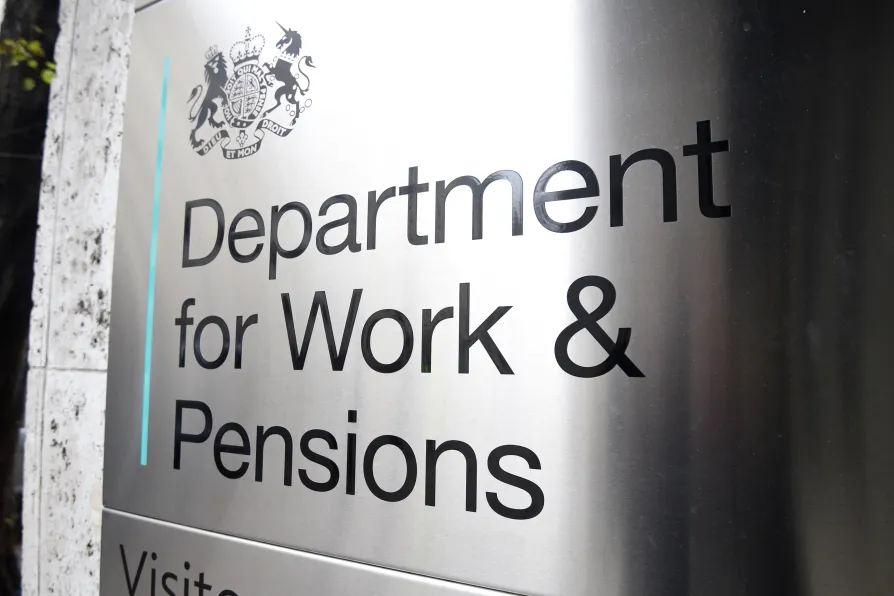
 Signage for the Department for Work & Pensions in Westminster, London
Signage for the Department for Work & Pensions in Westminster, London
LABOUR-HELD seats will be the worst-affected by government plans to cut disability benefits, a study has found.
The most deprived areas stand to lose nearly three times more of their local economies than the wealthiest, according to Health Equity North’s seat-by-seat analysis.
Academics from the universities of Newcastle, Sheffield and Manchester found introducing stricter eligibility criteria for personal independence payments (Pip) would have the most impact in the north-east and north-west, with average per-person losses of £269 and £231 respectively.
The 10 worst-hit constituencies are all represented by Labour MPs in so-called “red wall” areas.
The analysis also showed these economic losses could total between £23.4 million and £26.2m every year by 2029/30, with the most deprived constituencies losing an annual £265 per person compared to £96 in the least deprived.
Pip reforms would also disproportionately affect areas with the lowest levels of life expectancy in England.
Newcastle University professor of public health Clare Bambra said that Parliament should not “rush through” the government’s plans without considering the wider impact.
The academic, who is also co-director of Health Equity North, added: “Those areas that will lose most from this proposal were already decimated by austerity, Covid and the cost-of-living crisis.
“They have worse health than other regions and their local services and economies are already struggling.
“Losses of this magnitude risk worsening the situation for everyone living in these deprived constituencies.”
Luke Munford, Health Equity North co-director and health economics lecturer at the University of Manchester, said: “While we acknowledge the government’s desire to reduce costs and encourage people into work, we urge MPs to consider the potential impact of this proposal to thousands of people in their constituencies before casting their vote.”
The Department for Work and Pensions said: “As part of our Plan For Change, we’re creating a sustainable welfare system that delivers proper support to help sick and disabled people break down barriers, unlock work, boost living standards, and grow the economy.
“This is on top of our Get Britain Working White Paper, which set out the biggest employment reforms in a generation – backed by £240m – working across government and with our mayors, local leaders, the NHS, and employers to drive up employment and opportunity and grow the economy.”














